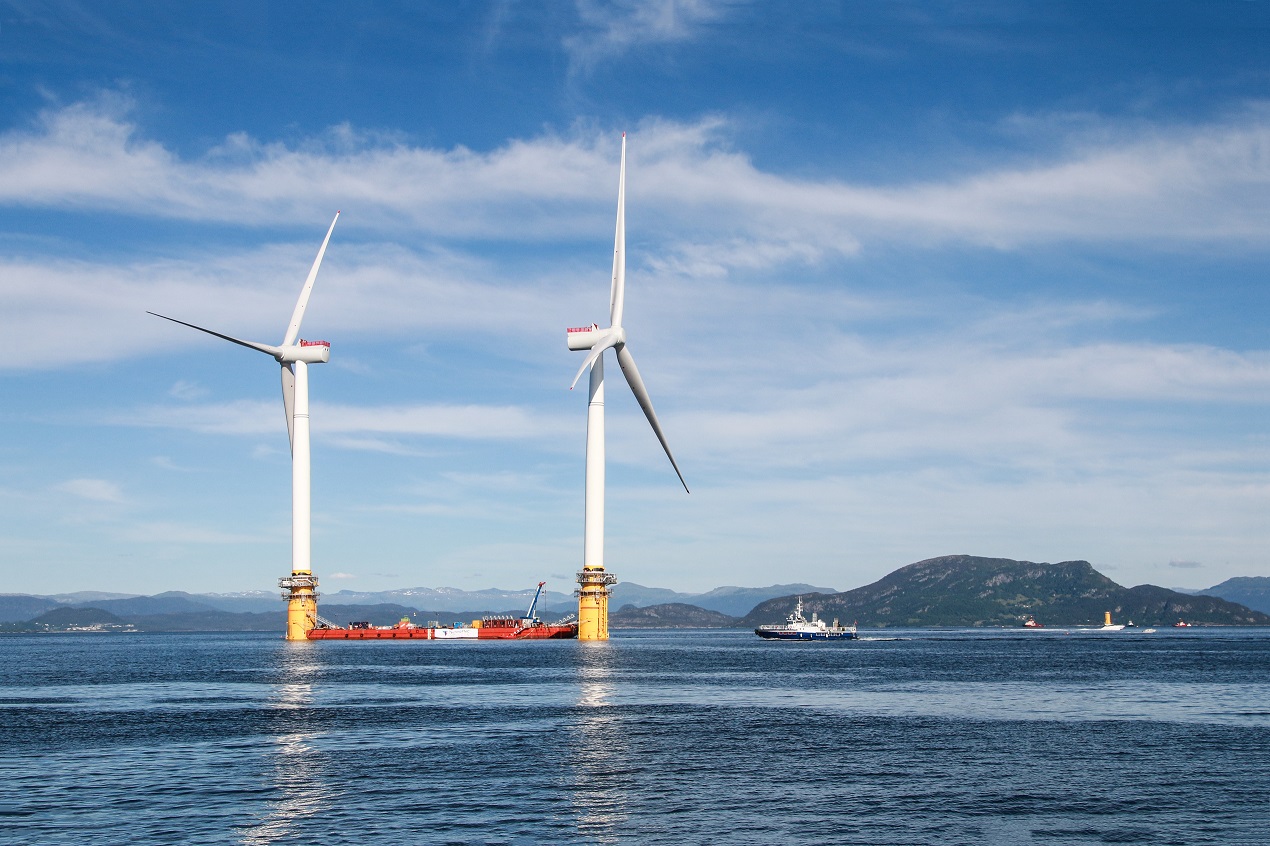The Energy Transition | National Energy System Operator to commence operations on 1 October 2024
Published on 17th September 2024
Welcome to our top picks of the latest energy regulatory and market developments in the UK's transition to net zero.

This week we look at the creation of the National Energy System Operator, Ofgem's latest proposal to improve efficiencies for transmission charges, new Ofgem funding for net zero projects, and more.
New publicly owned National Energy System Operator to commence operations on 1 October 2024
Following the launch of consultations on the National Energy System Operator (NESO) earlier in the month (which we reported on in an earlier Energy Transition), a deal has now been announced for the government to acquire the Electricity System Operator from the National Grid to form the NESO. The NESO will be responsible for ensuring the maintenance of the UK's energy supply, the protection of energy consumers, and the planning of a clean and efficient energy system for the future.
The government has said that the NESO "will support the UK’s energy security, help to keep bills down in the long term, and accelerate the government’s clean power mission". This new publicly owned body will consolidate the planning of the electricity and gas network (which has previously happened independently) and help to connect new energy generation projects with the grid. It will work to achieve this alongside Great British Energy, the government's new publicly owned clean power company which we have previously reported on here.
The NESO will commence operations on 1 October 2024. The government hopes that this joined-up approach to energy planning will accelerate the clean energy transition. Paul Golby, the new Chair of the NESO said, "NESO will support a more integrated and coordinated strategy to meet the unprecedented challenges of climate change, ensuring security of energy supply and keeping bills as low as possible."
Ofgem approves fix to prevent flaw in transmission charges for generators
Ofgem has recently approved proposals to amend the Connection and Use of System Code to prevent a potential future flaw from occurring in the calculation methodology for locational transmission charges. The proposals relate to the calculation of the wider locational Transmission Network Use of Systems charges. The charges are payable by licensable generators and reflect the incremental costs of different types of generation being used to meet peak demand (known as Average Cold Spell (ACS) demand).
The costs are calculated by modelling the flows across the network in two different scenarios: peak security and year round background. Both scenarios use the same underlying peak demand (ACS), however in the peak security scenario only conventional generation is available. Conversely, in the year-round scenario the ACS is met by a mix of generation technologies (including intermittent generation). In both scenarios, the capacity of each generation technology is scaled on a fixed or variable basis so that the total generation capacity meets the ACS, and the correct mix of technologies is reflected in each scenario.
The National Grid Energy System Operator anticipated that, without intervention, the growth in wind generation being connected to the network (which has a fixed scaling factor of 70%) could lead to variable scaling factors (used to top up total capacity to meet ACS demand) falling over time. Inaction could lead to variable scaling factors becoming negative within the next few years. These negative values would impact the model so that the connection of generation with variable scaling factors would result in a reduction in modelled costs rather than an increase.
The proposed amendments will come into effect from 1 April 2025 and will prevent the negative scaling factors from occurring in the model. Ofgem has highlighted the impact of these changes, stating that: "the proposal will: help facilitate a level playing field for competition in future years through more cost reflective charging; ensure that the impact of additional variable generation is included in the Transport model; and ensure functionality as intended in future years."
National Grid secures £15.3 million from Ofgem fund for net zero projects
Ofgem's Strategic Innovation Fund (SIF) programme has granted a combined £15.3 million to three National Grid-led projects which are intended to facilitate the creation of a net zero electricity network. National Grid Electricity Transmission received £8.5 million to develop a strategy for removing the greenhouse gas SF6 from the existing network. National Grid Electricity Distribution was awarded £6.8 million for two projects: one to support local decision-making on regional energy planning via a digital platform, and another to address load imbalances in the distribution network as more customers adopt low carbon technologies.
The projects have been funded through the programme's Beta Phase which focuses on innovations that can operate at a sufficient scale to support both integration into the UK energy network and future commercialisation.
The aim of the funding programme is to help transform existing gas and electricity networks for a low-carbon future. It is currently focusing on projects that will facilitate the transition to net zero while providing value for consumers.
Ministry of Defence announces plans to expand hydrogen fuel trials following a successful initial trial
Following a successful trial which saw Hydrogen Power Units (HPU) used to generate electricity to power military vehicles, the Ministry of Defence has announced further trials at other military sites.
The trial took place at five sites across the UK. The HPUs provided a mix of alternating current and fast direct current charging capabilities, operating at different speeds to meet operational needs. They functioned entirely off-grid and supplemented existing capacity for both long and short durations.
Approximately 120,000 miles were driven in vehicles which had been charged via the HPUs during the trial. GeoPura, who provided the HPUs for the trial, reported that these results demonstrate that hydrogen is a robust, reliable, and sustainable alternative to meet the increasing electricity demand within the armed forces.
Assistant Chief of Defence Staff (Support Operations), Air Vice-Marshal Rich Pratley, stated that, "this trial has demonstrated the potential of hydrogen as a key enabler of our transition to zero-emissions energy, while also addressing the current challenges posed by our expanding electric vehicle fleet."






